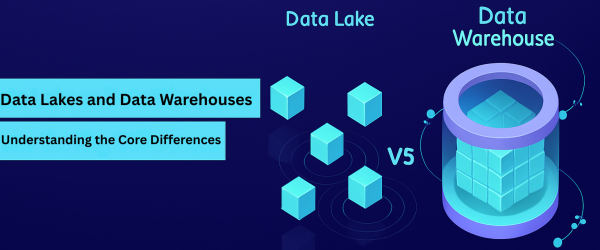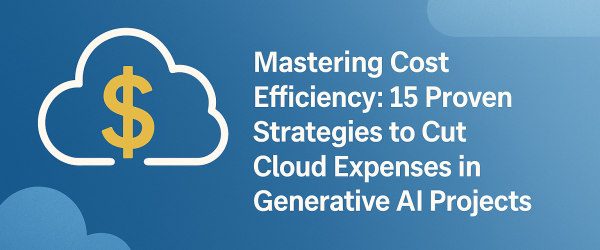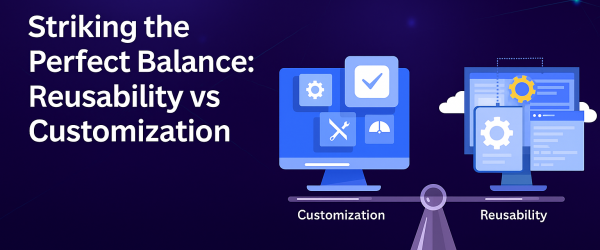Introduction:
In the fast-paced world of cloud computing, choosing the right platform is crucial for businesses aiming to scale and innovate. Three major players dominate the cloud landscape: Amazon Web Services (AWS), Microsoft Azure, and Google Cloud. As we enter 2024, let’s explore the trends, benefits, and compare these giants to help you make an informed decision.
What is Microsoft Azure?
Microsoft Azure, often simply referred to as Azure, is a cloud computing platform by tech giant Microsoft. It provides a comprehensive set of services, including virtual computing, analytics, storage, and networking, facilitating the development, deployment, and management of applications through a global network of data centers.
Benefits of Microsoft Azure:
- Hybrid Cloud Solutions: Azure excels in hybrid cloud scenarios, allowing seamless integration between on-premises data centers and the cloud. This flexibility is crucial for businesses with existing infrastructure investments.
- Integration with Microsoft Ecosystem: For organizations heavily reliant on Microsoft technologies, Azure offers seamless integration with Windows Server, Active Directory, and other Microsoft services.
- AI and Machine Learning Services: Azure provides advanced AI and machine learning services, empowering businesses to harness the potential of data-driven insights and automation.
What is Amazon Web Services?
Amazon Web Services, commonly known as AWS, is the pioneer in cloud computing and the market leader. Launched by Amazon.com in 2006, AWS offers a broad set of services, ranging from computing power and storage to machine learning and analytics.
Benefits of AWS:
- Market Dominance and Maturity: AWS has a vast global infrastructure, established reliability, and a rich set of features. It is the preferred choice for many enterprises, benefiting from a mature ecosystem.
- Wide Range of Services: AWS offers an extensive array of services, catering to diverse needs, from simple web hosting to complex machine learning models. This breadth allows businesses to find solutions tailored to their specific requirements.
- Strong Security Measures: AWS places a high priority on security, providing a secure environment with features like encryption, identity and access management (IAM), and robust compliance certifications.
What is Google Cloud Platform?
Google Cloud Platform (GCP) is Google’s cloud computing offering, providing a suite of services for computing, storage, machine learning, and data analytics. Known for its innovation and data analytics capabilities, GCP has gained popularity among businesses looking for cutting-edge solutions.
Benefits of Google Cloud Platform:
- Data and Analytics: GCP is renowned for its data analytics and machine learning capabilities. Google BigQuery, for instance, allows businesses to analyze massive datasets in real-time, unlocking valuable insights.
- Global Network Infrastructure: Google’s extensive global network ensures low-latency access to services worldwide. This is crucial for businesses requiring high-performance and reliable connections.
- Open Source Embrace: Google has a strong commitment to open-source technologies. GCP supports popular open-source tools and frameworks, providing flexibility and fostering collaboration.
Trends in 2024:
- Multi-Cloud Adoption: Businesses are increasingly adopting a multi-cloud strategy, leveraging the strengths of different providers to avoid vendor lock-in and enhance resilience.
- Edge Computing Growth: With the rise of IoT and the need for low-latency processing, edge computing is becoming more prevalent. Cloud providers are expanding their offerings to support edge computing requirements.
- Enhanced Security Measures: As cyber threats evolve, cloud providers are focusing on enhancing security measures, including advanced encryption, zero-trust architecture, and AI-driven threat detection.
Comparing AWS vs Azure vs Google Cloud:
When choosing a cloud service provider, it’s essential to consider your specific business requirements. Here’s a brief comparison to help you make an informed decision:
- Popularity and Market Share:
- AWS leads the market with the largest share.
- Azure is the preferred choice for enterprises already using Microsoft solutions.
- Google Cloud is gaining traction, especially in industries like technology and media.
- Service Offerings:
- AWS has the most extensive service catalog, covering a wide range of industries and use cases.
- Azure excels in integration with Microsoft products and provides comprehensive solutions for enterprise needs.
- Google Cloud stands out in data analytics, machine learning, and modern application development.
- Global Infrastructure:
- All three providers have a global presence, with AWS having the most extensive network of data centers.
- Azure is prominent in regions where Microsoft has a strong presence.
- Google Cloud focuses on strategic locations to ensure low-latency access.
- Pricing Model:
- AWS offers a pay-as-you-go model with various pricing options.
- Azure provides flexible billing options, including reserved instances for cost optimization.
- Google Cloud emphasizes transparency in pricing, with sustained use discounts.
FAQs:
- Which cloud platform is the most cost-effective?
- Cost-effectiveness depends on specific requirements. AWS, Azure, and GCP offer different pricing models, and businesses should evaluate their needs and usage patterns.
- Is it possible to use multiple cloud providers simultaneously?
- Yes, adopting a multi-cloud strategy is increasingly common. Businesses can leverage the strengths of different providers based on their specific needs.
- How do these platforms address data security concerns?
- AWS, Azure, and GCP prioritize security, offering encryption, identity management, and compliance certifications. Businesses should implement best practices and use available tools to enhance security.
Conclusion:
As we step into 2024, the cloud computing landscape continues to evolve, driven by innovation and the growing demands of businesses worldwide. Choosing between AWS, Azure, and Google Cloud involves considering factors like specific business needs, existing technology stacks, and long-term strategies. Each platform has its strengths, and staying informed about trends and benefits is key to making the right decision for your organization’s cloud journey.
Thank you for reading. For continued insights and in-depth discussions, please follow our blogs at Ezeiatech.







